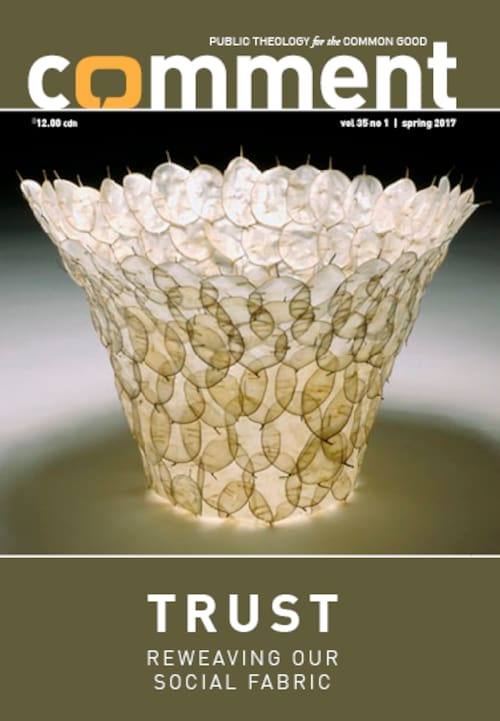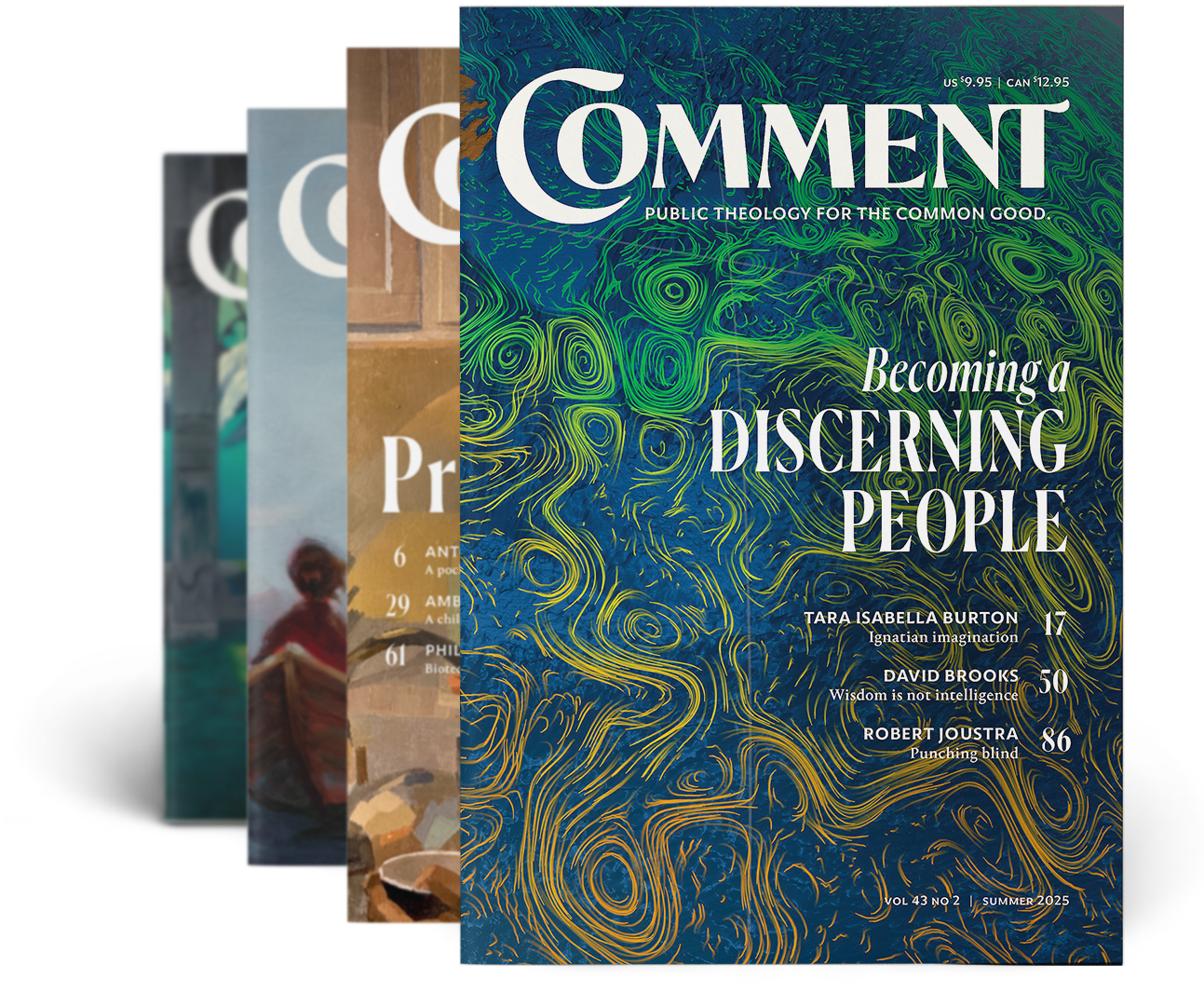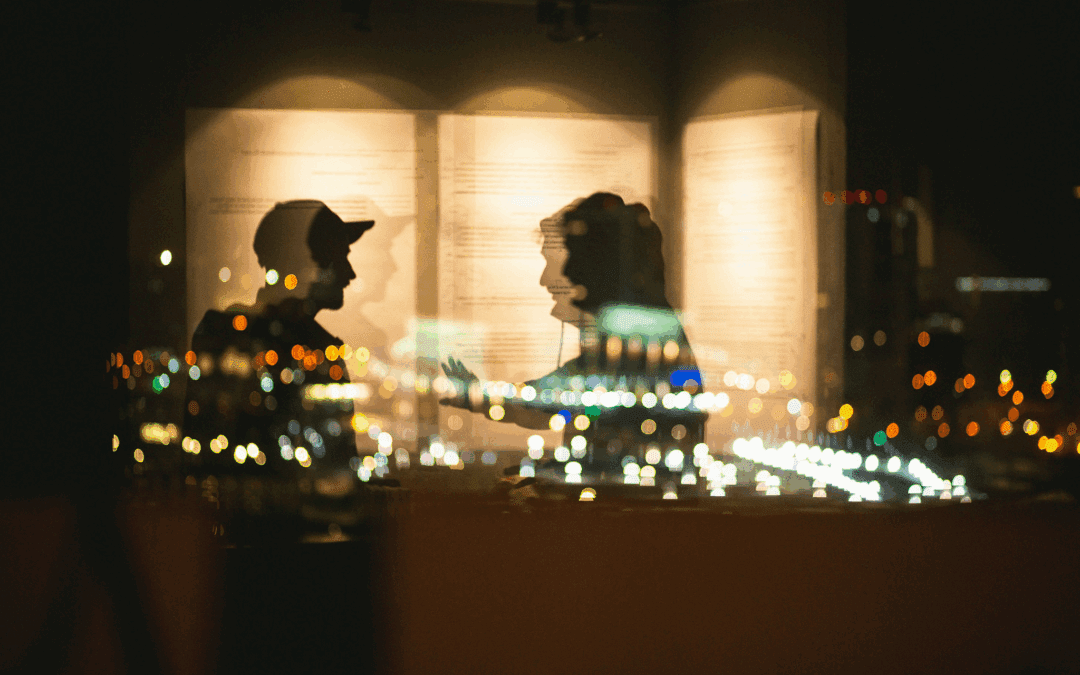Sometimes I have jarring daydreams in which the layers of civilization and decorum are peeled back and I realize how tenuous the most mundane activities really are. I’ll be driving down a street and realize that, at every single intersection, I’m trusting fellow drivers to obey those stop signs. Every time we put our kids on the school bus, we are trusting the bus driver to protect them. When we sign a lease or a mortgage, we’re trusting the landlord or the bank to keep up their end of the bargain. We trust those little scanners at the supermarket are tallying the correct price. We trust the school board actually cares about our children’s education and we trust the police to be custodians of the peace and we trust our neighbours to keep an eye on the kids.
Until we don’t. And then you start to realize that what we sometimes wistfully call “civilization” is a massive edifice that rests on the tenuous, fragile web of trust—a web that is remarkably strong but also vulnerable. I am reminded of Aquinas’s insight about the importance of trust buried in an unlikely place, his commentary of Boethius’ treatise De Trinitate. Asking the question, “Is faith necessary for the human race?,” Aquinas is not only thinking of what we might call the “vertical” trust of faith in God but also a kind of “horizontal” trust that weaves us all together as a society. As Thomas puts it:
What is needed to preserve human society is most necessary for the human race, because “man is by nature a political animal,” as is said in [Aristotle’s] Ethics. Now society cannot be preserved without faith, for one person must believe another in making promises and giving witness and the like, which are necessary that we might live together. Therefore faith is necessary for the human race.Ours is a generation that seems to have witnessed the failure of different nodes in this web of faith and trust. We are heirs of the axiom “Don’t trust anyone over thirty.” Mistrust has spread like a virus: we don’t trust institutions; we don’t trust authority; we don’t trust experts; we don’t trust people who don’t look like us. In some cases, those institutions and authorities have earned our mistrust. (As David Brooks notes, the feeling is mutual. In the 2016 presidential race, “distrustful politicians were nominated by an increasingly distrustful nation.”) As Robert Putnam documents in Our Kids, poverty and inequality breed mistrust.
 |
Authoritarianism and dictatorships thrive on the evisceration of trust. I was reminded of this when former students of mine Jack and Kelly Organ returned on furlough from their work with youth in Romania. A huge part of their ministry, they told us, took place under the long shadow of Communist oppression, simply teaching young people how to trust others. The Soviet and Ceauşescu regimes fuelled their repression by devouring the bridges of social capital that sustain civil society and life together with neighbours. By breeding suspicion, isolating dissent, and effectively “gaslighting” those who told the truth, these regimes knew that their consolidation of power depended on breeding mistrust. We might worry about similar tactics beginning to manifest themselves in Europe and the United States today. When suspicion is the water in which we swim, then power, might, and tyranny start to look like lifeboats.
Closer to home, though, the source of mistrust might be more quotidian and bottom-up. In some ways, our distrust is the outcome of our own perceived cleverness. We’re so smart and “in the know” that we end up not trusting anyone who isn’t us. We see through everything, cultivating a knowing distance above the fray, deflating any manifestations of passion and sincerity as scams and facades. So the enlightened posture of the hipster has more social consequences than we might realize. The cause in this case is subjective: a corrosive individualism swells our self-interest, with ripple effects of suspicion. Our loneliness—”bowling alone”—is not a result of mistrust, but a cause. Where cynicism and irony are the last virtues, the web of trust is torn. It’s lonely in the cage of wink-and-nod “authenticity.”
But as Aquinas pointed out, it’s hard to live without trust. So not even our suspicion is total. Instead, our trust now is eclectic: we don’t trust the church or congress, but we happily “agree” to let Google and Apple own our online consumer identities. We’re skeptical of any expectations our pastor communicates, but entrust ourselves to the moral authority of our social media cohorts. So in another sense, perhaps it’s not a question of whether we trust but whom. And why.
This issue of Comment is dedicated to analyzing the social dynamics of trust from different angles and constructively considering how to reweave the web. Generating a diagnosis is important, so woven throughout this issue are multidisciplinary accounts that give us insight into the sources of our cynicism—from fake news to ubiquitous surveillance to the broken realities of racism. But we also turn to consider how trust can be rebuilt by all sorts of small-scale but cumulative endeavours—in churches, schools, neighbourhoods, families, even—if you can believe it—politics.
Trust will require making ourselves vulnerable. It will be less a matter of establishing criteria for trust than embodying trustworthiness—making ourselves and our communities living testimonies of love that engender trust. The question we face is a bit like the script-flipping encounter of Jesus with those who asked, “Who is my neighbour?” As Jesus emphasized in his reply, the more fundamental question is: Am I being a good neighbour? So too with the dynamics of trust. Reweaving the web starts at home, with me and my circles of influence, invested in our node of the network, so to speak. The encouraging thing about such an endeavour—and what gives us hope—is that the rebuilding of trust is susceptible to “guerrilla” tactics. We don’t need the state to get this started. Reweaving webs of trust doesn’t require government permission or programs, even if those might later contribute. Social capital doesn’t flow top down; it bubbles up from the bottom, which means that the beginning of the end of cynicism is in our hands.





